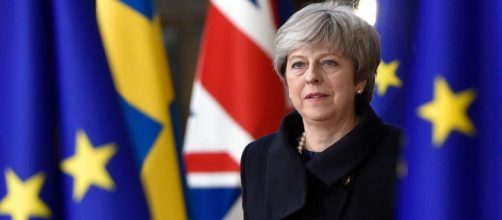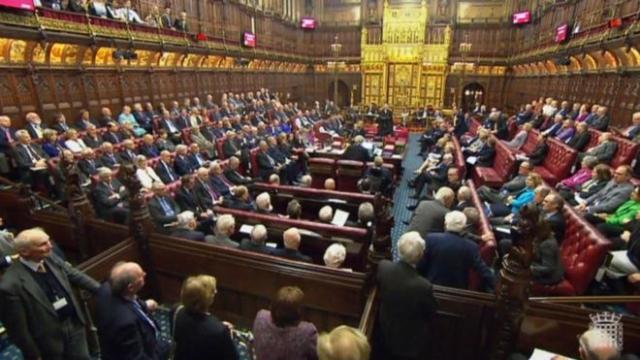After last-minute concessions were given to rebel Tory MPs yet again by Theresa May, the much-debated Brexit bill has passed through parliament - despite fears of opposition from the House of Lords and pro-EU MPs.
The main Conservative rebel to the Government, the former attorney general Dominic Grieve MP, was attempting to attach an amendment on to the EU (Withdrawal) Bill which would have allowed Parliament to block the option of a no deal scenario in the Brexit process if the Government could not reach an agreement with the EU.
However, Mr Grieve announced in the Commons that he was withdrawing support from his own amendment before the Parliamentary vote after receiving “obvious acknowledgement of the sovereignty of this place”, according to Sky News; essentially allowing Parliament a meaningful say on any potential final deal with the EU.
Brexit bill: Theresa May triumphs
Although the Prime minister did have to make last minute concessions yet again to Tory rebels, the vote passed through the Commons by 319 to 303 votes, as reported by Sky News. She stated that the passing of the Bill was “an important step in delivering the Brexit people voted for”, as stated by the BBC. One of the leading Brexiteers, Jacob Rees-Mogg MP, said the Prime minister can now attend the EU leaders summit next week “with full strength” now that the legislation to the leave the EU was part of UK Law, according to the BBC.
With both sides claiming victory, it is not always easy to establish who or if there was a clear winner; ultimately, however, Mrs May kept the core of the Brexit Bill the same.
The International Trade Secretary, Liam Fox MP, said that it was important the government had “to be able to holdout in our negotiations the prospect of no deal" when talking to Laura Kuenssberg of the BBC; if they didn’t have this, the EU would have the advantage in the negotiating process.
Brexit Bill: Theresa May’s tenure
With the Prime Minister leading a minority government, it is inevitable she will have to make some compromises and concessions to her backbenchers and is in a more vulnerable position in the Commons. However, what these last few weeks have shown us is that, no matter how unpopular she may be, the Tory rebels (or more accurately the potential rebels) are not willing to take drastic action which will humiliate the Prime Minister.
Thus, although the vote was still relatively close and Theresa May’s leadership ability is constantly being questioned, the one advantage for her leadership is that there is one thing all Conservative MPs can agree on: they don’t want to weaken the Prime Minister so much as to allow Mr Corbyn the opportunity of having a go at handling Brexit.
However, it is important to note that this is only the beginning of the beginning of the legislative Brexit process, and the Trade and Customs Bills will come back to the Commons soon. These Bills look set to have the same, if not a higher, level of importance and disagreement among Theresa May’s Conservative colleagues. Thus, even though the Conservative Party’s animosity of Jeremy Corbyn is the only thing keeping them united, one wonders how long this mutual dislike can hold an already fragile government together.



